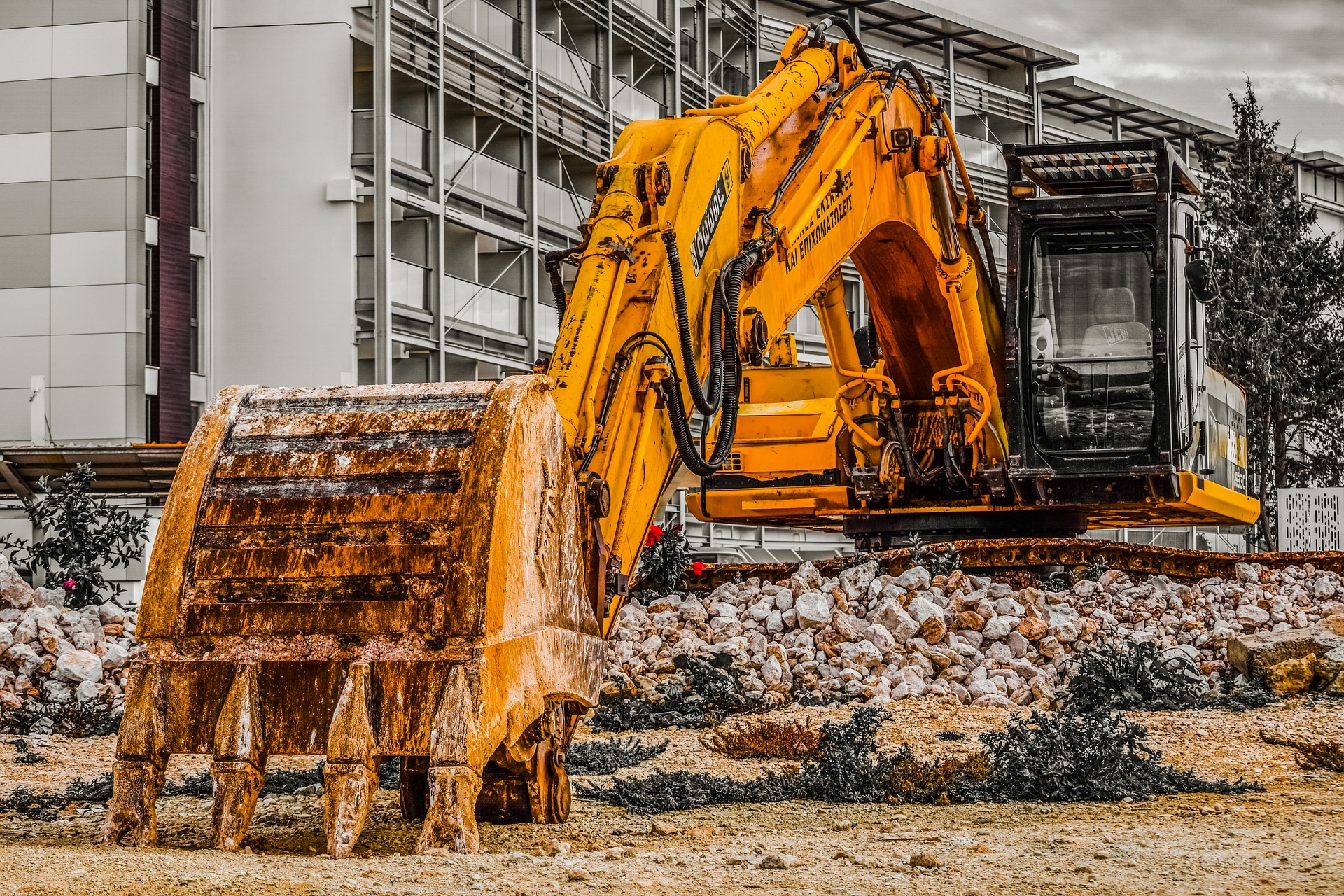
The global construction industry is under a lot of pressure at the moment. Last month, the UK-based construction leader Carillion entered compulsory liquidation and it’s evident that the building sector is battling against some serious efficiency bottlenecks both on and off-site.
For this reason, it’s vital to find powerful ways in which contractors can increase efficiency and productivity in the industry. Here are 9 tips that every construction player in management should keep in mind:
1. Data Is Your Friend
The Economist mentioned recently that data should be seen as “the oil of the digital era.” This analysis further stresses the importance of astute data management in every aspect of personal and professional activity. The construction industry is no exception. With the right information, projects can be tracked to prevent costly mistakes. Good data brings a company a step closer to a more transparent and accountable construction process.
2. Build an Experienced Team
Putting together an experienced team can be challenging, but ultimately it’s extremely important. By trusting your project to highly skilled people, you can remain confident that your tasks will be completed in a proper and timely manner.
Of course, finding top construction workers can be tough. Word of mouth is a valuable strategy if you have strong network connections in the building industry. Otherwise, industry-specific job platforms, such as the one here at BuiltWorlds, are excellent resources.
3. Off-site Construction
Modular construction is considered to be one of the hottest trends for 2018 in the sector. The production of building structures off-site can be a game-changer for the building industry, as it will significantly reduce the workload on site, and hence, boost efficiency.
4. Gamification of the Building Process
Gamification can also be a great solution when it comes to motivating your workers. The introduction of a competitive element in a daily routine on-site can help members of your team to become more efficient. Set goals, offer small (but thoughtful) prizes, and make work on-site more engaging for everybody.

5. Focus on Training
Experienced workers are often difficult to find. That’s why you should never underestimate the power of solid training. Prepare your team for their tasks and make sure that they are ready to complete their assigned tasks fast and safely. Training may seem like an expensive option in the beginning, but it is a long-term investment that can help with attracting and retaining talent.
6. Visit the Site Regularly
Staying on top of your project is always a good idea. Make sure that you visit the construction site regularly and maintain a good working relationship with those who work there. By doing so, you’ll be able to hear more about their problems and motivate the team. Staying updated on what’s going on at the jobsite can prevent costly delays and harmful mistakes.
7. Use Construction Software
Building projects are continually becoming more and more complicated. You need a tool that can allow you to keep track of everything going on around the site in real-time. Unhindered communication, transparent project processes, and task accountability are only but a few of the benefits of harnessing the power of the right software tools.
8. Build an Inclusive Project Process
Building an inclusive construction project procedure is more difficult than it may sound. It is, however, extremely important. This means doing your best to keep all project stakeholders connected and informed every step of the way. For instance, building a stakeholders group might be a great idea. You could set a monthly coffee meeting with the stakeholders group and discuss every important piece of a project and how it’s progressing. This gives them a chance to provide useful feedback that could save you from project conflicts and unnecessary mistakes.

9. Put Your Administration in Order
Unsurprisingly, construction projects have plenty of paperwork. Administration issues can take precious time and energy out of your day and that’s why a functional plan against bureaucracy in the early stages of a project is so important. The use of construction software, for example, could save you a good amount of time, as you would be able to automatically create and export daily (or weekly/monthly) progress reports which would be 100% objective and accurate.
Another thing that you always want to do in the early phases of your project is to get yourself familiar with the regulations of the area where you are building in. Especially if your project is taking place in a foreign country, you should do a good research in advance in regards to building legislation, health and safety regulations etc. Putting together a competent legal team can be tremendously helpful.
Wrapping It Up
It’s no secret that construction management can be a very perplexing and long procedure. Nevertheless, with the right strategy in place, you can make things simpler for you and your project team. The earlier you start preparing for the challenges that are expected to emerge during the building process, the better will be the final outcome of your effort.
Anastasios Koutsogiannis is working at GenieBelt, as Content Marketing Manager.

Discussion
Be the first to leave a comment.
You must be a member of the BuiltWorlds community to join the discussion.